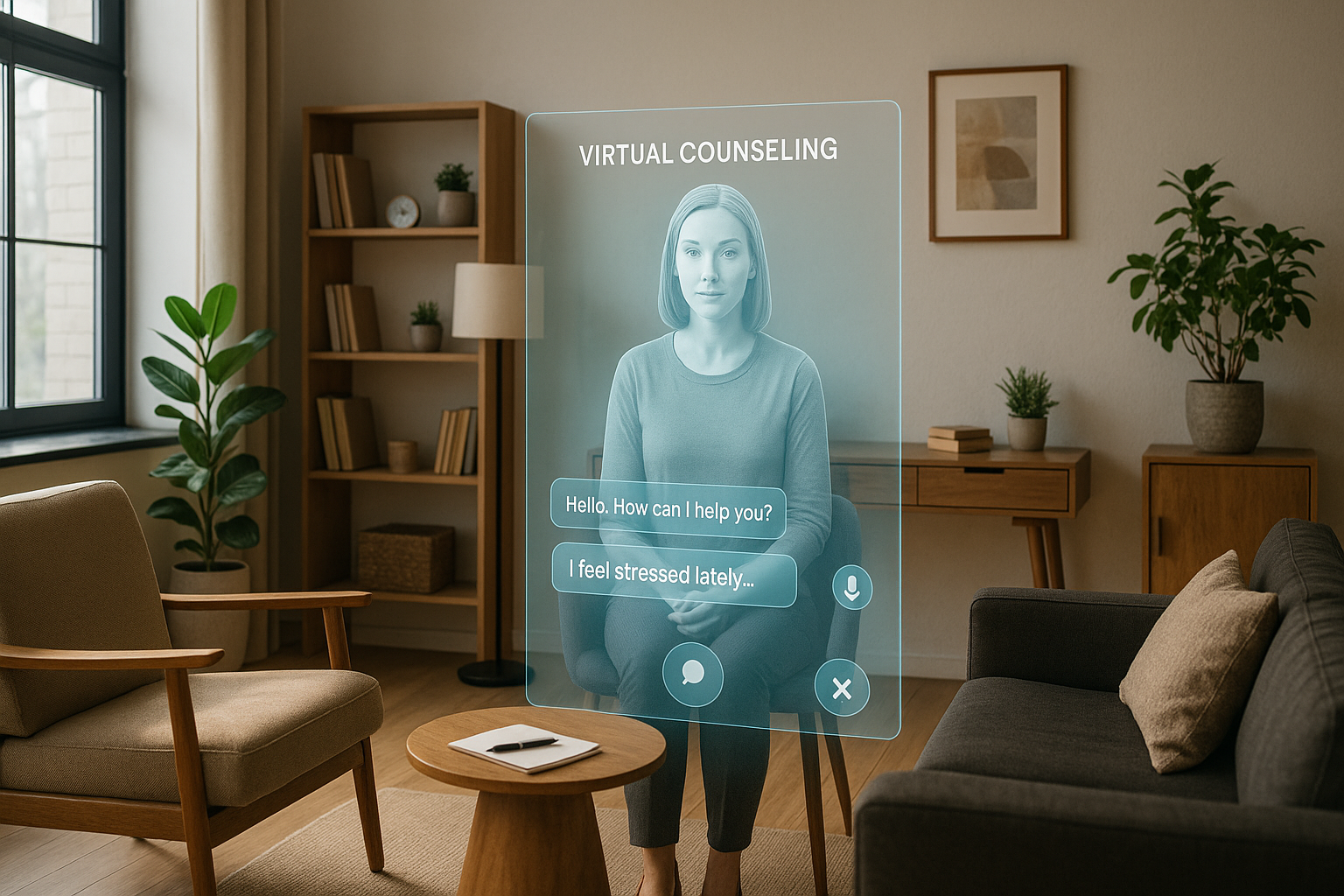The AI Therapist: What to Know Before You Let an Algorithm Coach Your Mental Health
The Human Touch: Can AI Replace Human Therapists?

While AI therapists offer numerous benefits, they lack the emotional intelligence and empathy that human therapists provide. The therapeutic alliance—a key component of successful therapy—is built on trust, empathy, and understanding, qualities that are inherently human. Although AI can mimic empathetic responses, it cannot genuinely understand or experience emotions. This limitation raises concerns about the depth and quality of the therapeutic relationship that AI can offer. For many, the absence of a human touch might render AI therapy less effective, highlighting the need for a balanced approach that combines AI with human oversight.
Data Privacy and Security: Protecting Sensitive Information

The use of AI in therapy involves the collection and processing of sensitive personal data, raising significant privacy and security concerns. Users must trust that their information is stored securely and used ethically. Data breaches or misuse of personal information could have severe consequences, damaging trust in AI systems. Developers must implement robust security measures and transparent data handling practices to protect user privacy. Additionally, regulations and standards must be established to govern the use of AI in mental health care, ensuring that user rights are upheld and that systems are held accountable.
